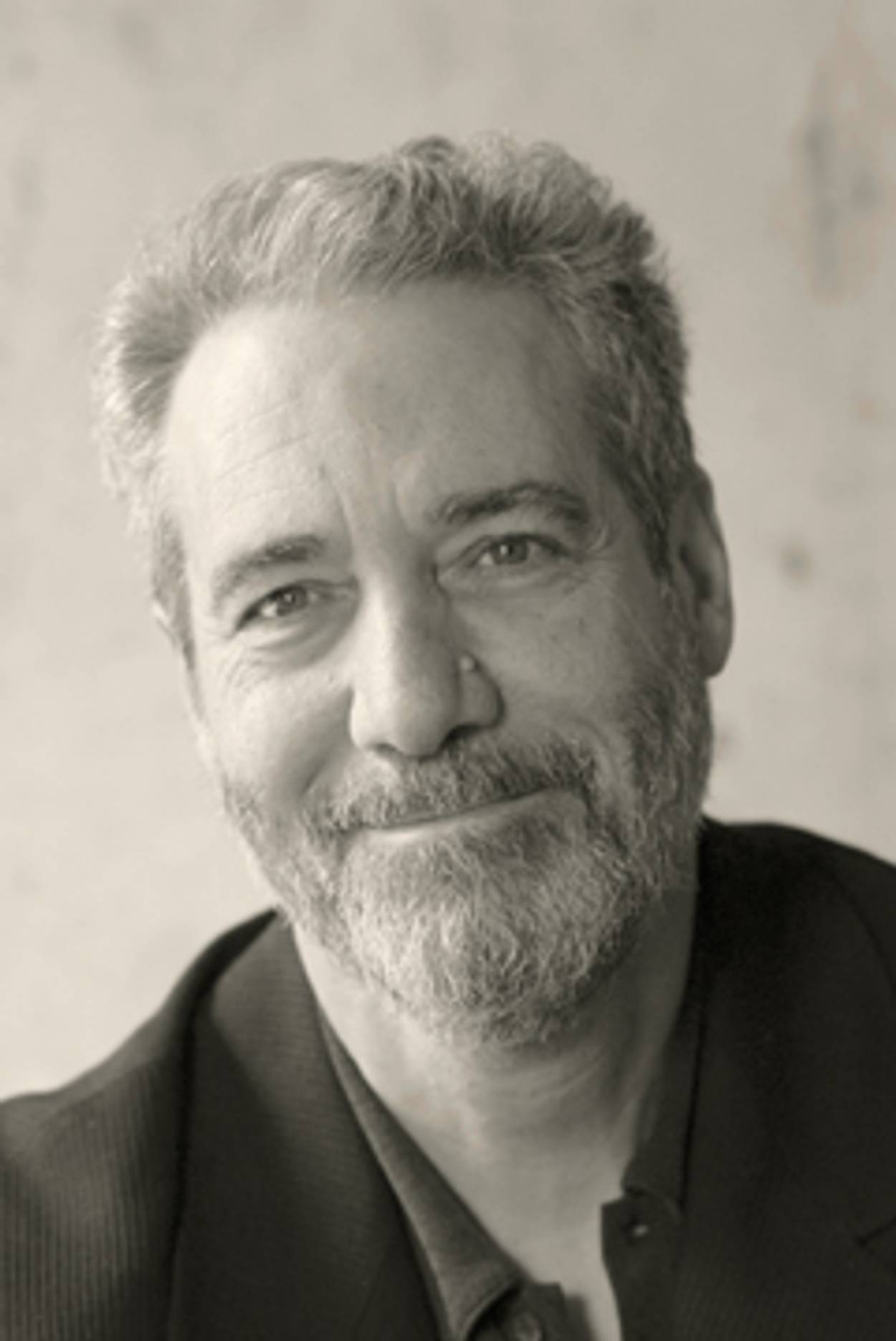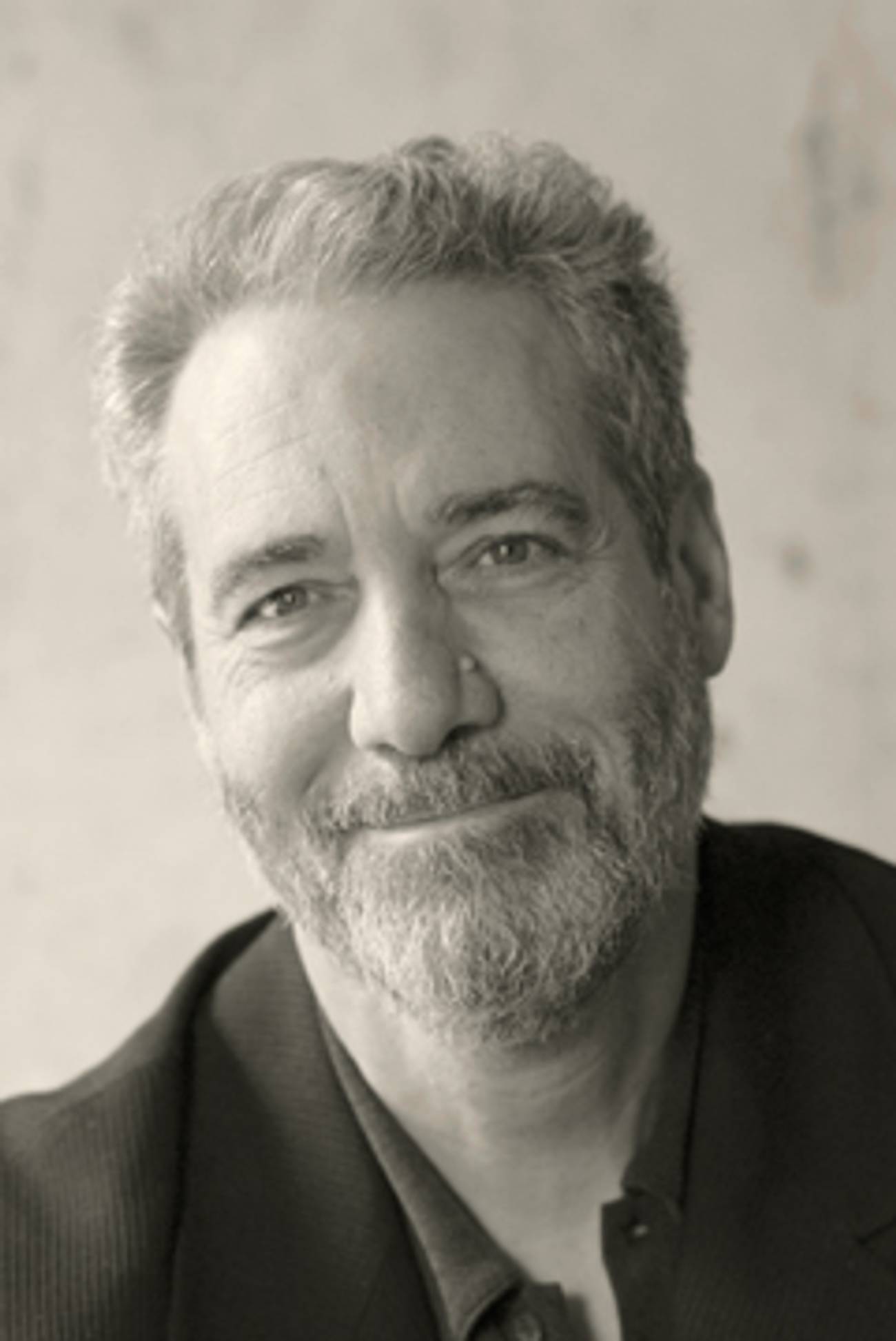Dreams of the Father
Rodger Kamenetz’s latest spiritual trip is into the subconscious




In 1990, Rodger Kamenetz traveled to Tibet with a group of American Jews to meet the Dalai Lama. On that trip, which he describes in The Jew in the Lotus, he happened to learn that some Buddhists meditate within their dreams. He began to wonder how dreams had been understood in Jewish texts and found that, while they had once been considered a source of revelation, dreams had been all but exiled from the tradition because they were deemed too disturbing or difficult to understand. As Kamenetz went deeper into his own dreams, which he calls “the oldest spiritual technology on the planet,” he found that they did not have any explicitly Jewish content. But in their own strange way—as he recounts in his new book A History of Last Night’s Dream—they did, over the years, begin to lead him back to something like God.
You say that dreams have been exiled from Judaism since Genesis.
There is a twin tradition. One is of the dream as direct revelation that requires no interpretation. That’s embodied in the dreams of Joseph as a boy, and in Jacob’s dream of a ladder between earth and heaven. And then there is the whole tradition of interpretation which actually begins with Joseph’s brothers, who have been quite correctly identified as the first dream interpreters. Their interpretation is full of anxiety and rage.
And you see that same mistrust reflected in the Talmud?
To give them credit, I think the rabbis were concerned for the average person who may not want to take a mystical venture into dreams, or who may not be equipped, or who may be fearful. They also wanted to assert that the Torah is the primary spiritual guide. They limit the scope of the dream very severely based on a passage in Deuteronomy essentially saying that no dream can contradict the Torah.
How has this affected the way we understand dreams now?
Our own response to dreams is often that they’re painful or that they are difficult. They bring up feelings we don’t want to face and we call out for an interpreter who will remove the sting of the dream and soothe us. One can find this not only in the rabbinic project but in the Freudian project, which says that the real meaning of the dream is hidden. But in my view the real meaning of the dream is right on the surface.
You once dreamed of an enormous book that was keeping you from writing.
I walk into my study and I have this feeling I’m going to write something. But in front of the computer monitor is this very large blue book with the letters “K de G” on the cover. The author is the Rabbi K de G, which seems to stand for “Kamenetz on Genesis.” The book reads from back to front and it appears to be a commentary on Genesis. As the dream ends, I’m thumbing through the pages from back to front and have completely missed the fact that behind the book, at a distance, was my father who had given it to me.
So the problem wasn’t so much that this holy book was keeping you from writing, but that it was standing between you and your father?
The book was a gift from my father that could have brought me closer to him. A few years ago I had a dream where my house is falling down and I just call my dad and ask for help. And he comes with a bunch of painters and carpenters and suddenly the house is repaired. It was just the first in a series of dreams that helped to lead me closer to him. One of the great gifts for me was to have this different relationship with my father in the last years of his life.
And what was coming between you and your father in waking life?
My pride. There’s another dream where we’re sitting at a kind of Talmud study. My father knows what a certain word means and I don’t. But I don’t ask him; I think I can figure it all out for myself. I don’t want to be the vulnerable son who needs help. But at a deeper level, this was not just about my relationship to my father, but about my relationship to the Father.
You hear people talk that way in church, but not as often in synagogue.
My answer would be two words: Avinu Malkeinu. Our Father, our King. Obviously Jesus said stuff like that because he also went to Rosh Hashanah services. There’s a whole Yiddish tradition of referring to God as tateynu, as “dear Father.” Our ancestors were very comfortable with the idea that God was a father and a king and a shepherd. But now if we have an emotional relationship to God, that’s immediately seen as goyish. We have drained the feeling level out of our liturgy and then we wonder why people can’t connect. They’re not just words. If God is a father, then I must be like a child.
So how does God appear to you in your dreams?
At the end of the book, I describe a dream where an orphan boy is being visited by his father. The father shows him his hand and says, “My hand is the same as yours.” Then the father leaves and the boy starts sobbing and looks in the mirror. And he’s me: I see my face. That sadness of having lost the Father, in this case not my father but the Father, that yearning to reconnect, not to be an orphan but to be his son—that’s the quest. It’s rather like what Rabbi Nachman said: You have to connect to God from your broken heart. The dream reawakened the feeling of loss, the pain of the separation from God. It’s a tremendous gift to feel that.
You’ve been studying under Marc Bregman, a self-styled “dreamworker” in Vermont.
Marc Bregman grew up as a Jewish kid in Philadelphia in a kind of anti-Semitic environment. He had a strict Jewish father and he rebelled in the 1960s. After he moved to Vermont he was working in the post office by day and seeing clients about their dreams at night. He’s certainly not a traditional Jew or even a nontraditional one. But I know that he is a man of God.
And you have your own clients now. How do you work with their dreams?
We meet once a week for an hour. We try to find the feelings in the dream, the belly button, as Marc calls it. Then we have homework, which is to visualize a moment from one of the dreams that needs change. There’s a rhythm back and forth from night dream to daydream and from daydream to actual life. Usually people come with a problem they’re trying to wrestle with but the dreams often point to some underlying predicament. It could be other people’s expectations. It could be family obligations, guilt, or a sense of duty. We just keep going deeper and over time there’s a shift. The dream becomes a live rehearsal. The changes you make in dreams can change how you behave.
In what sense is this approach to dreams Jewish?
When you’re taking a dream seriously it becomes a spiritual practice. How does that connect to what’s offered by this tradition we belong to where we have Torah and commentary and rabbinic authority and services and holidays and all of that? We struggle with a feeling of loss of connection to God. Religion tries to give us intellectual or ritual answers. People often outsource their spiritual struggles to the experts. Hence the tremendous pressure on rabbinic figures in our community. If we don’t have a personal feeling of a quest, at least if some of us don’t, then it makes the rabbi’s job very, very hard.
Could you have understood your dreams without coming to them from a Jewish angle?
It seemed necessary for me to go through the books, to go through Genesis, to go through the rabbis. And yet it’s true that having done that, it no longer seems quite as relevant. You can find the gift of the dream without Genesis. But it’s promised there.
You had a series of dreams in which men kept trying to feed you meat.
I had alternated between various dietary restrictions from semi-kosher to vegetarian and wasn’t too faithful to any of them. And all of a sudden these guys are showing up in my dreams serving meat. It started as hors d’oeuvres and ended with giant hunks of beef thrown on a grill by bare-chested Mexican chefs. It was obvious that these were good guys and that they were challenging me with a kind of a male generosity of spirit.
What did you dream last night?
Recently I dreamed I woke up and went to the window. I looked outside and the ground was covered with snow and I felt such joy. It took me back to being a kid in Baltimore thinking, I’m going to spend the whole day playing and I won’t have to go to school. You worry and you plan, you try to make yourself happy, you try to make other people happy and then the snow just falls, you know? It falls on its own.